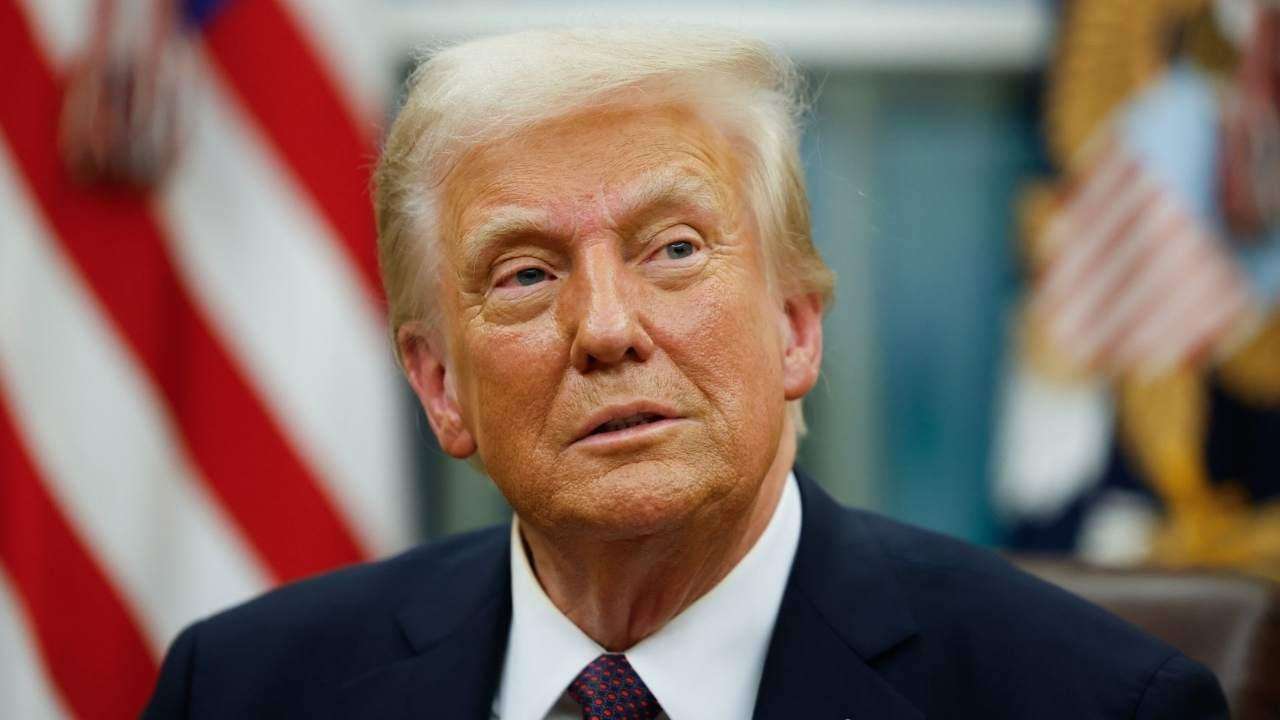Nigel Farage's Reform UK will now accept political donations in Bitcoin and other cryptocurrencies, a move announced by the party leader that has immediately raised questions about the transparency and legitimacy of such funding in British politics. The party, increasingly a disruptive force, also revealed plans for a "Crypto Assets and Digital Finance Bill" should they achieve power, Daily Dazzling Dawn understands.
The announcement, made by Farage at the Bitcoin 2025 conference in Las Vegas on Thursday, May 29, 2025, was coupled with the unveiling of a proposed "Crypto Assets and Digital Finance Bill," which the party intends to enact if it wins a future general election.
This foray into cryptocurrency funding has thrust questions about financial transparency, regulatory oversight, and the potential for illicit influence in political financing into the spotlight.
Who is Behind Reform UK and How is it Financed?
Founded by Nigel Farage and Catherine Blaiklock, Reform UK has rapidly gained traction, now boasting five Members of Parliament, including Farage himself (MP for Clacton, elected July 2024 after multiple previous unsuccessful parliamentary campaigns), Deputy Leader Richard Tice (who also serves as Chairman), and Chief Whip Lee Anderson. The party's treasurer is Nick Candy, a prominent property developer.
The party's funding has previously attracted scrutiny. Reports have indicated that a notable portion of Reform UK's financial backing has links to companies registered in tax havens and that the party is actively seeking donations from British expatriates, including those in jurisdictions known for low taxation. Figures like businessman Richard Tice have been significant financial contributors, and recent disclosures have mentioned donations from entities such as JB Honore Drax and Monaco-based former Conservative donor Roger Nagioff. This existing financial landscape provides a complex backdrop to the party's new embrace of largely unregulated cryptocurrencies.
The Crypto Gamble: Innovation or Invitation for Obscurity?
Speaking in Las Vegas, Farage, a figure long associated with challenging the political establishment, stated, “As of now, provided you are an eligible UK donor… we are the first political party in Britain that can accept donations in Bitcoin and other cryptocurrencies. Once again, we’re being innovative.”
The Reform UK website has been updated with a “Crypto” section, allowing for digital currency donations. A disclaimer accompanies this, asserting that all donations are subject to Electoral Commission rules and that anonymous contributions are not permissible. Under UK law, donations over £500 must come from permissible sources, typically individuals on the UK electoral roll or UK-registered companies, and their identities must be recorded.
Farage further outlined ambitious plans to "launch in Britain a crypto revolution," making London "one of the major trading centres of the world" and even establishing "a Bitcoin digital reserve in the Bank of England."
Is it Legitimate to Take Money from Bitcoin?
The move to accept cryptocurrency donations raises significant questions regarding legitimacy and oversight. While Reform UK insists it will adhere to Electoral Commission guidelines, the inherently pseudonymous and borderless nature of many cryptocurrencies presents challenges for ensuring the source and permissibility of funds.
Critics argue that crypto donations could potentially obscure the origins of political funding, making it harder to detect foreign interference or illicit contributions. The volatility of cryptocurrencies also introduces complexities in accurately valuing donations for regulatory reporting.
Proponents, however, including Farage, frame it as an embrace of financial innovation and a means of engaging with a growing demographic of crypto users. Farage told the Las Vegas audience, "Seven million people in Britain have got crypto assets, one in four people under 30 have got crypto assets... Let's recognise that crypto, Bitcoin, digital assets, are here to stay.” He also positioned it as a stand against perceived government overreach, stating on the party website: “As the UK government seeks greater control over everyday life … we stand firmly in support of the continued use of cash and decentralised cryptocurrencies.”
The Electoral Commission has existing rules for donations, but their specific application and enforcement concerning the unique characteristics of cryptocurrencies will be under intense scrutiny. Currently, parties are responsible for verifying the permissibility of their donations.
Regulatory Landscape and Government Stance
The UK government and regulatory bodies have been cautiously approaching the crypto sphere. Last month, Chancellor Rachel Reeves announced plans to regulate cryptoassets, aiming to make the UK a "world leader" in the fintech space by bringing crypto firms under similar regulations as traditional finance companies. Reform UK's proposals, particularly a "Bitcoin digital reserve," represent a far more radical embrace of digital currencies.
As Reform UK pioneers this new avenue of political fundraising, the debate will intensify around whether current regulations are adequate to ensure transparency and maintain public trust in the financing of political parties in an era of rapidly evolving digital finance. The legitimacy of accepting Bitcoin and other cryptocurrencies will likely be judged by the robustness of the party's declared compliance measures and the ability of regulatory bodies to effectively oversee these new financial flows.

_4.jpg)
_6.jpg)
_1.jpg)




.svg)




